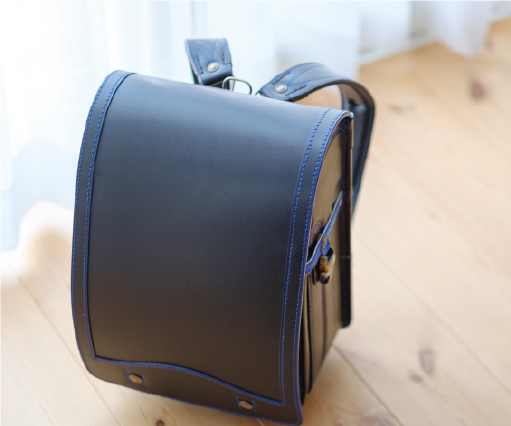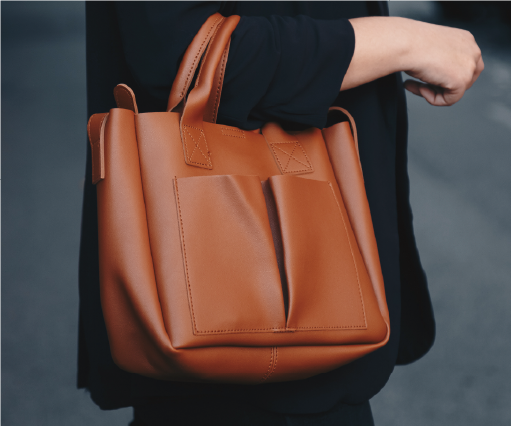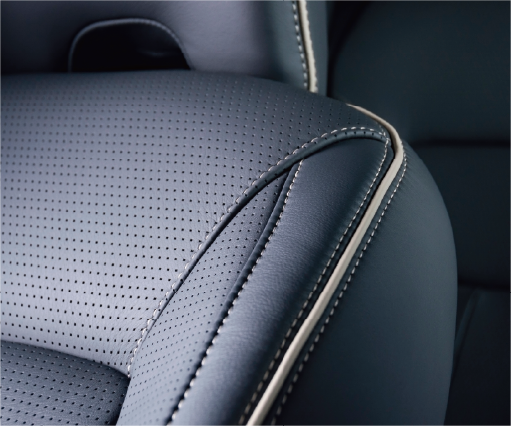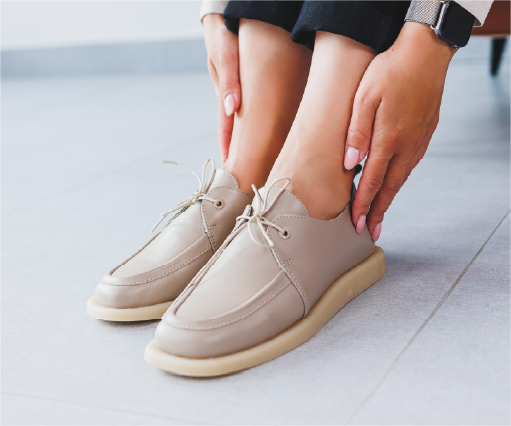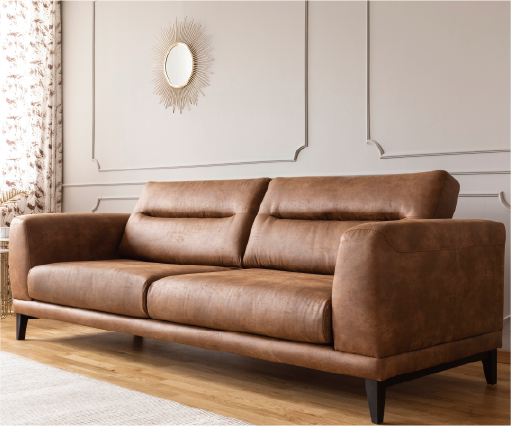Coir-Le
Coconut Shells Reborn
As a Sustainable New Standard Surface Material
Background
Coconuts, which grow in abundance on the beautiful coasts of the tropics, are an extremely beneficial crop. For example, they are used as food and a source of high-quality oil extracted from their white kernels.
However, most of the leftover shells, or husks, are simply discarded as waste. These discarded husks take 12 years on average to decompose in the environment, and emit methane gas after disposal in the landfill, raising concerns about their damage to the environment.
Coir-Le® was born from the desire to recycle these leftover husks.
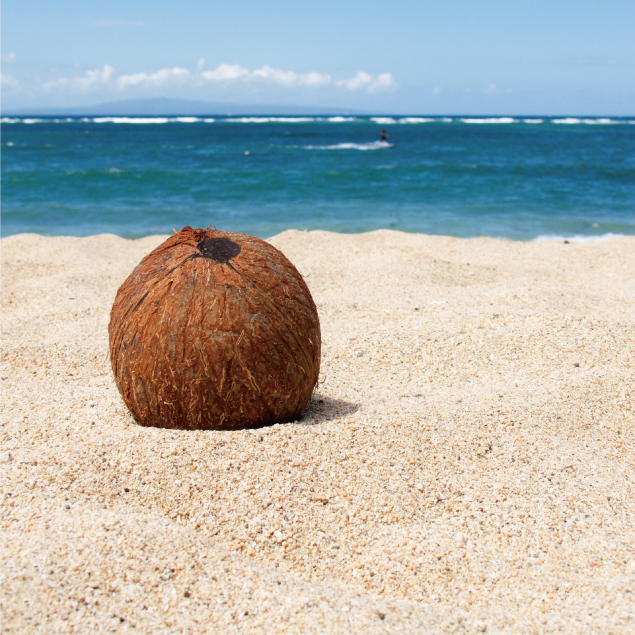
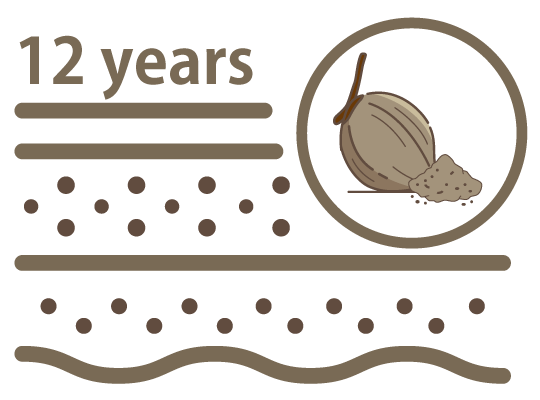
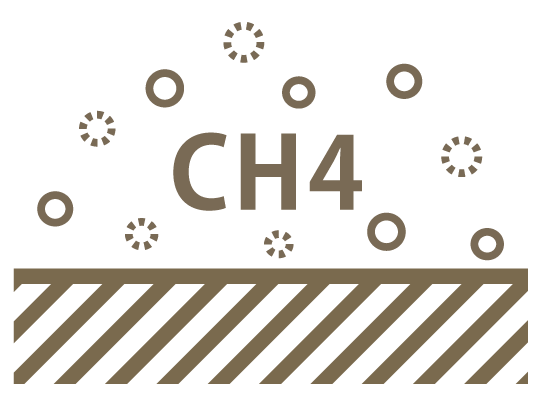
Features
Coir-Le® incorporates discarded coconut husks in its material.
This new, environmentally friendly surface material makes sophisticated use of plant-based components.
What's more, Coir-Le® was developed to meet the strict physical-property requirements of materials used in vehicle seats and upholstery.
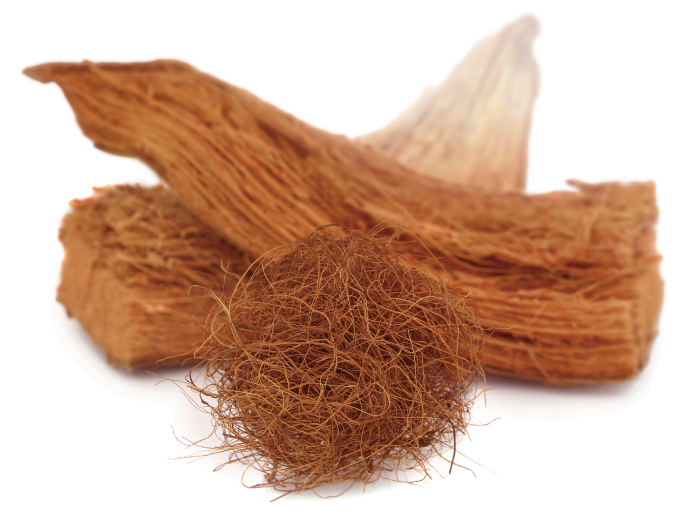
Vision

Coir-Le® was created as a surface material made from naturally derived components.
Non-natural or synthetic surface materials tend to use a high ratio of petroleum-derived substances, causing significant damage to the environment.
To tackle this problem, we have developed Coir-Le® with the aim of promoting a sustainable society.
Outlook
Coir-Le® is used in a wide range of products, including furniture, bags (including school bags), car interiors, and shoes.
As Coir-Le® permeates our everyday surroundings, it will deliver new value to customers as a sustainable surface material that promotes rich, flourishing lives.

Hidden in the design of the initial "C" in the Coir-Le® logo is the cross-section of a coconut.
Coir-Le® is infused with our vision of a clean world where discarded husks are reborn as brand-new materials.

